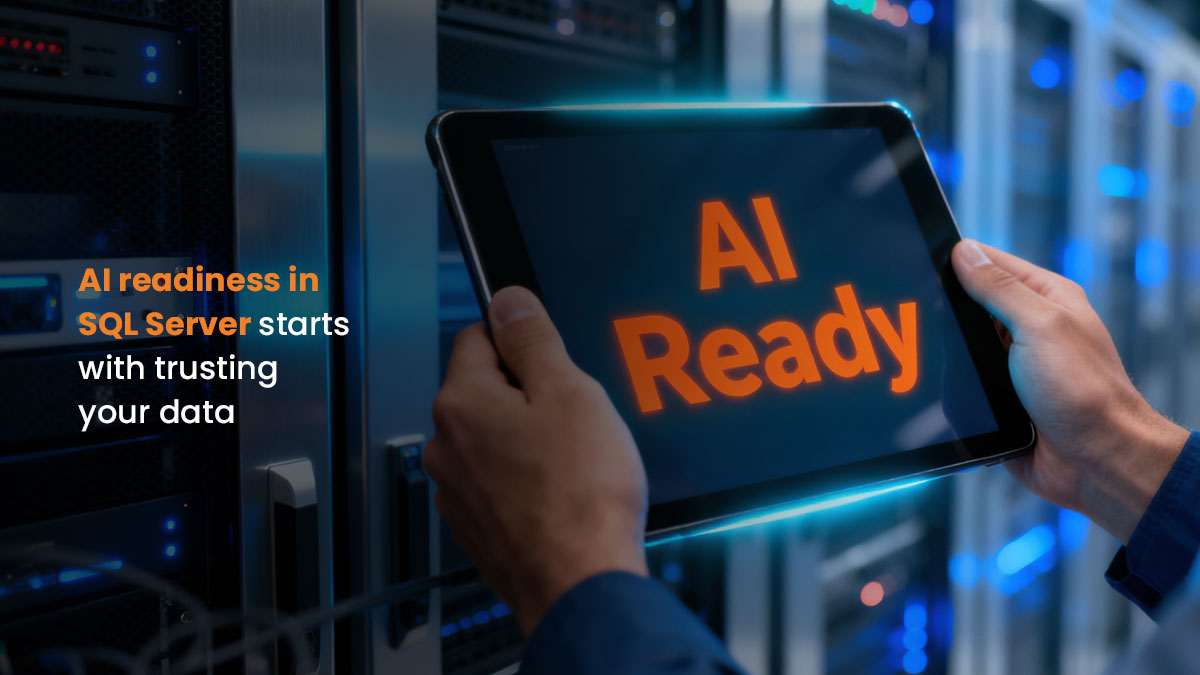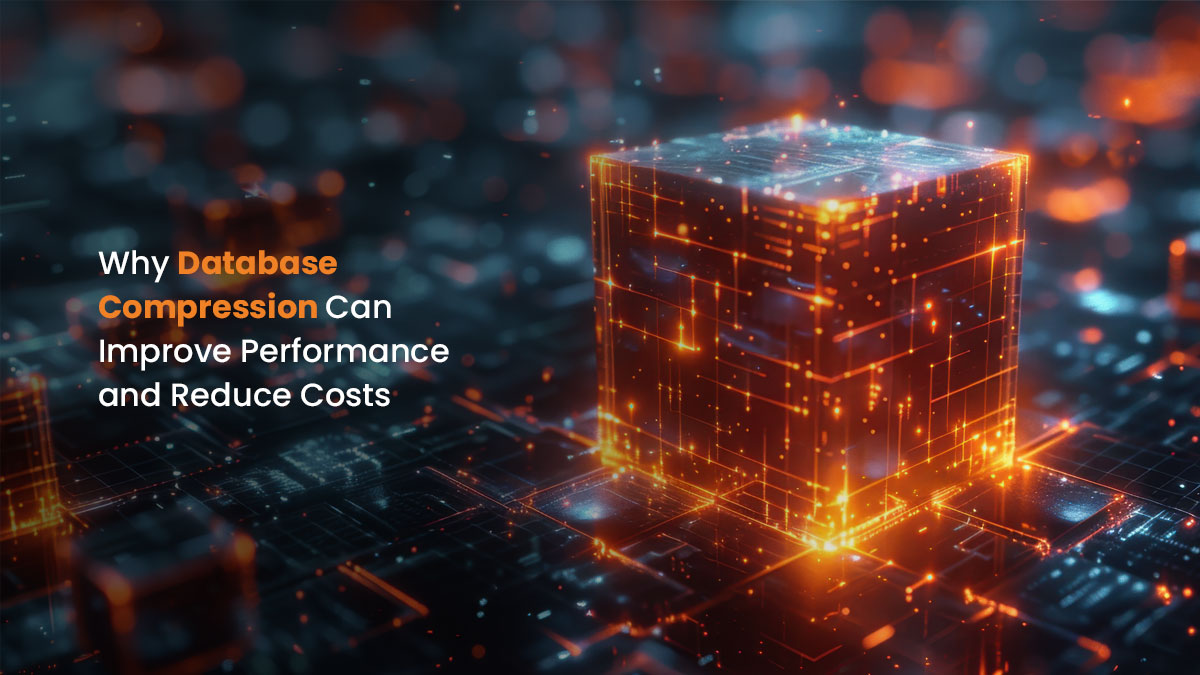The NoSQL vs. SQL Debate: What Enterprises Need to Know
NoSQL databases have seen explosive growth over the past few years. They promise scalability, flexibility, and performance that’s ideal for today’s dynamic enterprise environments. But does that mean traditional relational databases (SQL) are becoming obsolete? Not so fast. Both database types have their strengths, and choosing between NoSQL and SQL requires understanding their unique advantages and, more importantly, the trade-offs.
What Is NoSQL, Anyway?
NoSQL stands for « Not Only SQL. » It’s a broad term that refers to a variety of database technologies designed to handle large volumes of diverse and rapidly changing data. Unlike traditional relational databases, which store data in rows and columns with a fixed schema, NoSQL databases are often schema-less and optimized for specific data models. These can include document-based (like storing JSON objects), key-value pairs, wide-column stores, and graph databases.
The goal of NoSQL isn’t to replace SQL entirely but to offer more options when the one-size-fits-all approach of relational databases doesn’t cut it. In short, NoSQL is designed to be flexible, scalable, and fast—especially when you’re dealing with modern application architectures, real-time data, or massive datasets spread across distributed systems.
Let’s dive deeper into this debate, unravel some misconceptions, and clarify when your enterprise should stick to SQL or consider taking the leap into NoSQL.
Why NoSQL is Gaining Popularity
At first glance, the buzz around NoSQL can seem overwhelming. Enterprises are drawn to its ability to handle large volumes of unstructured data, think IoT sensor readings, social media feeds, user-generated content, and real-time analytics.
NoSQL databases come in various flavors. Document stores, key-value stores, graph databases, and wide-column stores. They offer agility: there’s no need for rigid schemas upfront, allowing your development teams to iterate quickly, adapt to evolving data models, and accelerate innovation.
Moreover, NoSQL databases generally scale horizontally with ease. As your data volumes or transaction load grows, simply add more nodes. No painful bottlenecks or costly hardware upgrades required.
But Hold On, SQL Isn’t Dead!
Traditional SQL databases, think SQL Server, Oracle, PostgreSQLare battle-tested workhorses. They provide unmatched reliability, transaction consistency, and data integrity, which are critical in highly regulated environments or mission-critical applications.
Relational databases handle complex queries with ease. If your organization relies heavily on reporting, detailed analytics, or multi-table joins, SQL databases offer mature solutions and optimized query performance.
Additionally, SQL databases typically come with robust tooling, reporting, analytics ecosystems, and a wealth of experienced developers and DBAs. Let’s face it, these ecosystems have decades of enterprise support behind them.
When to Go SQL, When to Choose NoSQL
Here’s a quick guideline to help IT leaders make informed decisions:
Choose SQL if your data is structured, stable, and predictable. SQL is also the right choice when transactional consistency and ACID compliance are non-negotiable (think banking, ERP, HR systems), or when complex queries and analytics with extensive joins are routine tasks.
Choose NoSQL if your data is semi-structured or unstructured (logs, IoT data, user activity). It also shines when horizontal scalability is crucial due to rapidly increasing data volumes, or when your team values flexible schemas and rapid iteration cycles.
In reality, many organizations employ a hybrid approach, leveraging SQL databases for transactional operations and NoSQL for real-time analytics, content management, or caching solutions. This strategy lets you play to each system’s strengths without compromising performance or consistency.
Common Misconceptions and Pitfalls
One misconception is that migrating from SQL to NoSQL will inherently boost performance. The truth is, NoSQL databases require thoughtful architecture and precise tuning to deliver those promised benefits. Without careful planning, you may end up with complexity, data consistency issues, and performance pitfalls.
Another pitfall is underestimating the importance of operational expertise. While NoSQL systems might seem simpler on the surface, they often demand specialized knowledge, different querying techniques, indexing strategies, and data modeling approaches than your teams may be accustomed to. Without proper training or external expertise, managing NoSQL can become unexpectedly challenging.
A frequent mistake is assuming that « schema-less » means « carefree. » While NoSQL offers flexibility, proper data governance is still essential. Otherwise, data quality can deteriorate, making analytics and data-driven decisions unreliable.
Quick Tips for Enterprises Considering NoSQL:
- Pilot small projects first to validate if NoSQL truly addresses your needs.
- Invest in training or partner with companies specializing in database technologies to ease your transition.
- Clearly define your objectives (scalability, flexibility, performance) so your platform selection aligns with your goals and avoids costly rewrites.
The Bottom Line
SQL and NoSQL each have their rightful place in the enterprise technology stack. The key is recognizing their distinct strengths and weaknesses, matching them with your enterprise requirements, and perhaps most importantly, being pragmatic about your approach.
If you’re unsure about your organization’s database roadmap, don’t hesitate to engage external specialists who can provide guidance tailored to your situation. Leveraging external expertise can accelerate decision-making, mitigate risks, and enhance your overall data strategy.
The debate isn’t about whether SQL or NoSQL is universally better; it’s about understanding your data landscape, your team’s capabilities, and your strategic objectives. Choose wisely, and your database choices will become enablers rather than obstacles to your enterprise’s success.
More articles that might interest you

AI readiness in SQL Server starts with trusting your data
From a DBA perspective, AI readiness in SQL Server has everything to do with whether your databases can be trusted… Read More
Why Database Compression Can Improve Performance and Reduce Costs
How data compression works and when to implement it We’ve watched storage bills climb, and query times drag as data… Read More
